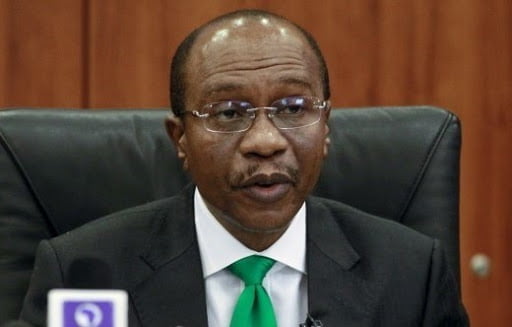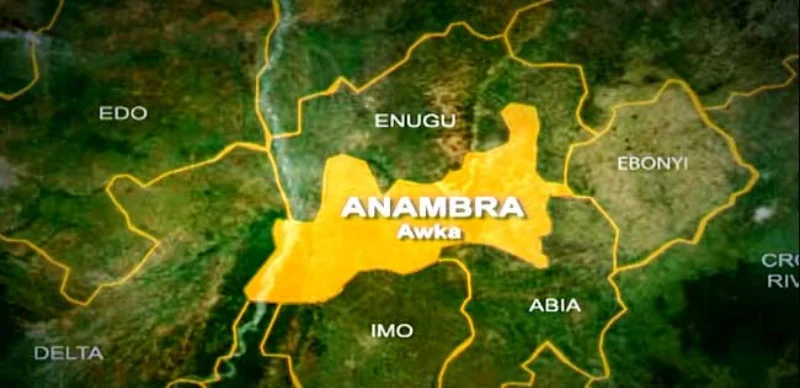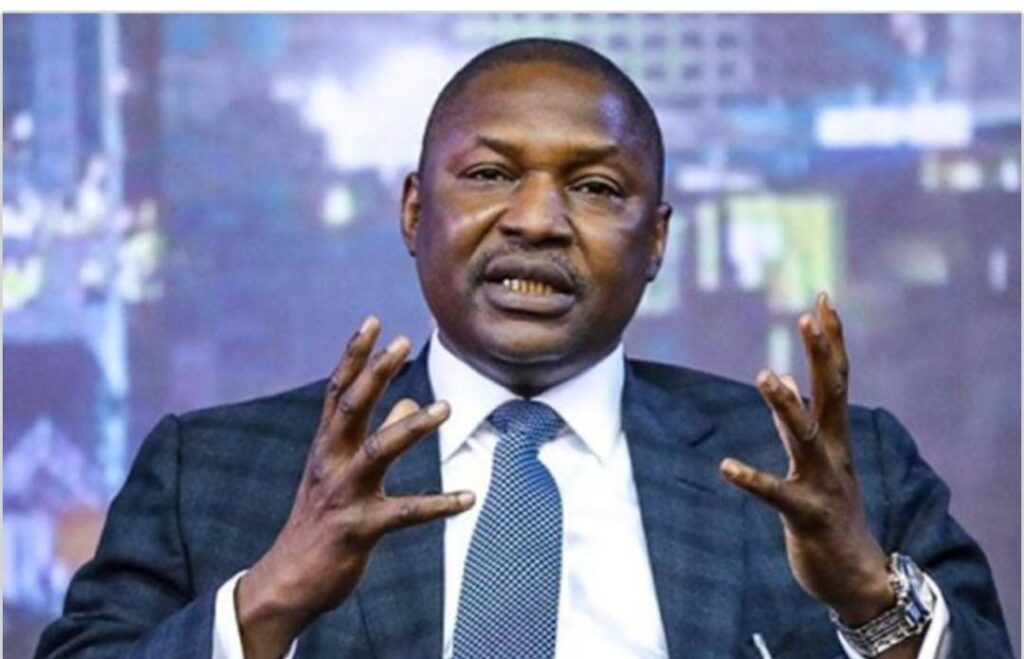Emefiele: Court Admits WhatsApp Chats as Evidence in $4.5 Billion Fraud Trial

The Ikeja Special Offences Court in Lagos has admitted WhatsApp chat messages as part of the evidence in the ongoing $4.5 billion fraud trial involving former Central Bank of Nigeria (CBN) Governor, Godwin Emefiele.
During Tuesday’s proceedings, the prosecution presented digital communication records allegedly exchanged between Emefiele and several associates during his tenure at the apex bank.
The chats reportedly detailed transactions and internal directives connected to the mismanagement of foreign exchange allocations and unauthorized fund transfers.
Justice Rahman Oshodi, trying the matter, ruled that the WhatsApp messages were admissible after the prosecution demonstrated their authenticity and relevance to the charges filed against the defendant.
The judge held that the digital messages met the standards of admissibility under Nigeria’s Evidence Act, which recognizes electronic communications as valid evidence in criminal proceedings.
Prosecuting counsel, Rotimi Oyedepo (SAN), told the court that the chat logs provided a crucial digital trail showing how the alleged financial manipulations were executed. According to him, “the WhatsApp messages reveal direct instructions, coordination, and approval from the defendant in transactions involving billions of dollars.”
However, Emefiele’s lead counsel, Matthew Burkaa (SAN), objected to the inclusion of the chats, arguing that the messages were obtained without proper authorization and could have been tampered with.
The defense has indicated its intention to challenge the ruling at a later stage of the trial.
The court adjourned further hearings to November 14, 2025, when additional prosecution witnesses are expected to testify.
Emefiele, who faces multiple charges bordering on abuse of office, corruption, and illegal forex dealings, has pleaded not guilty to all counts.
The case continues to generate intense public interest due to its scale and implications for transparency and accountability in Nigeria’s financial system.







